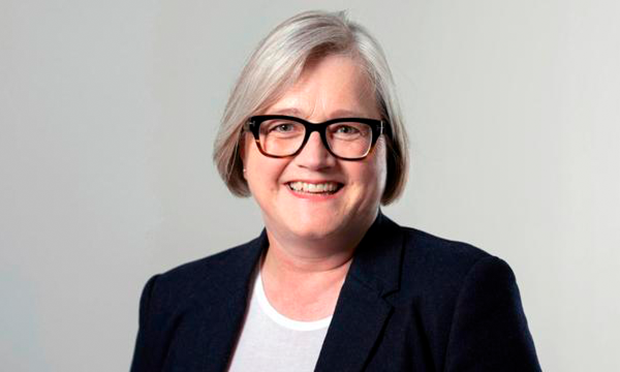Islington councillor calls for protection of trans-inclusive toilets

Caroline Russell AM. Photograph: City Hall
Businesses and organisations should protect “trans-inclusive” public toilets , says the borough’s London Assembly member, following the Supreme Court’s ruling on the Equality Act last week.
On 15 April, the UK’s highest court unanimously ruled that under current equalities law, a woman is defined by biological sex.
This means that, legally, obtaining a Gender Recognition Certificate (GRC) does not change a person’s legal sex.
Consequently, if a spaces such as public toilets are categorised as “women-only”, someone who was born male but identifies as a woman is not entitled to use them.
In light of this, Caroline Russell AM (Green), who also represents Highbury at the Town Hall, has said it would be a “terrible step backwards” if the verdict led to making toilet provision less inclusive.
“Public toilets are needed by everyone – whether you’re older, younger, living with health conditions like prostate cancer, Crohn’s, colitis or IBS, pregnant or travelling with small children,” she said.
“This applies to everyone irrespective of whether they are trans or not.”
Following the court’s decision, the Equalities and Human Rights Commission (EHRC) is to set out additional guidance and a statutory code of practice in the summer.
Russell added that a growing number of organisations were already providing cubicles for use by all, and included a toilet, a bin, a basin, hand dryer and a mirror.
“I know that most businesses, institutions and organisations have inclusive values based on human decency and kindness,” she added.
“I urge all of them to make their voices heard as the EHRC develops its new guidance following last week’s ruling.
“Any outcome that makes it even harder than it currently is for trans people to use a toilet would be both harmful to health and extraordinarily cruel.”
While the government has welcomed the ruling for providing clarity, others have raised fears it will lead to the issue being weaponised.
LGBTQ+ rights charity Stonewall said it had “deep concern” over the decision’s implications for the trans community.
Speaking to the BBC, EHRC chair Baroness Falkner described the judgement as a victory for common sense – provided that trans peoples’ existence and rights are accepted and respected.
“If a male is allowed to use a women-only service, it isn’t any longer a single-sex space”, she said.
Islington’s equalities chief, Cllr Sheila Chapman, said nothing in last week’s Supreme Court ruling will change its commitment to “a more equal future”.
“We know that transgender residents in Islington and around the country will feel concerned and worried about the implications of the ruling,” she told the Local Democracy Reporting Service.
“Legal judgments don’t stop all of us displaying empathy and understanding for each other — our diversity is what makes our borough strong.”
She added that the Town Hall was considering the specific legal implications on the ruling but would also wait on the EHRC’s advice, expected to be published in June.
